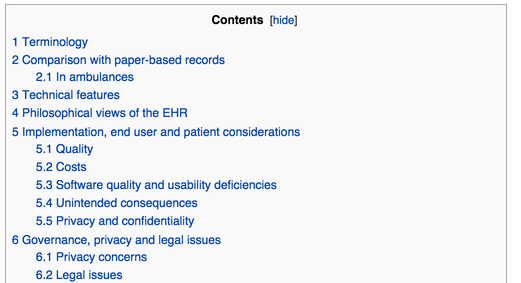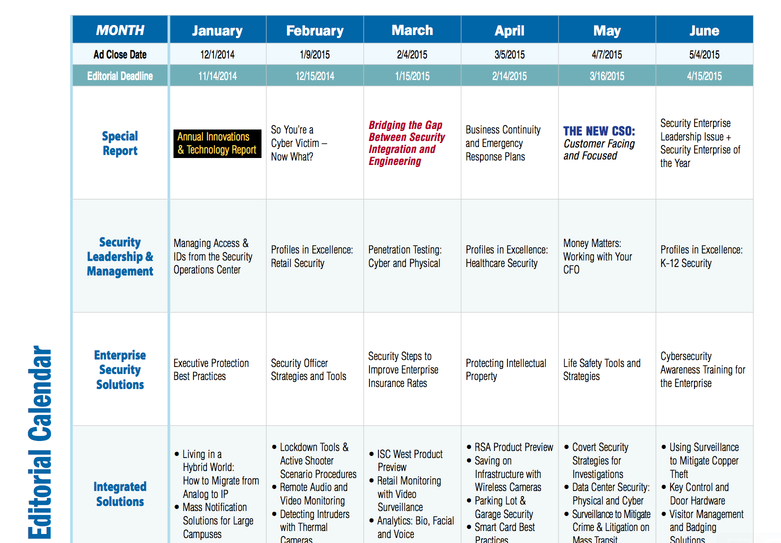
6 Keyword Research Ideas for Improving Your SEO
May 13, 2015
By Paul Schmidt
Keyword research is fundamental while doing persona research, brainstorming blog topics, or thinking about keywords to optimize your site around. The biggest issue I hear with clients, is where do I even get started?
Sure you can go to your favorite keyword research tool in HubSpot, Moz, or Adwords, however, to do a thorough job of understanding what you're personas search for, you need context. This context provides you with the knowledge of HOW your readers are using these key phrases. Google's Hummingbird update aims to improve search by 'focusing on the meaning behind keywords'.
Visit the venues, where you're personas hang out to gain that context. Here are the 6 keyword research ideas and venues that will improve your SEO.
1. Industry Forums:
Industry forums are still very much alive. Many of them look like they were built in 1995, but they are still alive and kicking. Forums are a prime source of conversations, and questions from passionate contributors. Find the top 2-5 forums in your industry. Next, dive in to the forum. Identify how people are using keywords as well as variations on certain phrases. Forum's are also great for identifying frequently asked questions. These FAQ's could be blog topics or keywords that you'd want to target.
Lastly, find the most active topics/channels within the forum. From here, you'll gather both commonly used variations of keywords as well as debated topics.
Here's an example from a very active lawn care industry forum:
2. Suggested Searches:
Google provides us with suggested search topics. Do a search for one of your targeted keywords to find variations and other uses of your keywords. These usually appears at the bottom of the search results page.

3. Wikipedia Indexes
A good source finding topical keyword areas in your industry is by examining Wikipedia indexes within pages about your industry. The high level index topics can inform your keyword strategy as well as guide how you can tag your blog posts. Here's an example of certain topical areas related to electronic health records:


4. Google Suggest:
One of the best keyword research tools is Google Autocomplete. Google gives us a list of suggested queries to help with our search. These suggested queries can ideas on how people are using our targeted keywords. Keywordtool.io and ubersuggest.org are two tools which aggregate a list of queries straight from Google Autocomplete. From here, you'll find additional topics and gain insight on how people search using these keywords.

5. Conference agendas/abstracts:
The multi-billion dollar tradeshow industry is a rich resource for keyword and content research. Look for keyword research ideas within the agendas and abstract lists for your industry's conferences. Often the topics are publicly listed for past/upcoming tradeshows. These topics can give you insight into how people are presenting information to your industry peers.
Here's an example from the connected car industry:
6. Publication's Editorial Calendars:
What are the top publications in your industry? Most publications have public facing editorial calendars. These editorial calendars can be chock full of keywords, topics, and content ideas. Do a search for: "X industry magazine editorial calendar" to find your industry calendars. Here's an example from an IT security publication:

What are your favorite places to find keywords outside of specific keyword research tools?

About the author
Paul Schmidt is a director of services strategy at SmartBug Media. He previously worked at HubSpot, helping develop inbound strategies for over 200 clients. His past clients include: Travelers Insurance, Unilever, and the SABIAN Cymbal Company. Paul studied percussion in Las Vegas and got his MBA in marketing in Boston Read more articles by Paul Schmidt.






![[Webinar]-Diagnosing-and-Solving-SEO-Issues-cover](https://www.smartbugmedia.com/hs-fs/hubfs/Webinar%20CTA.png?width=200&height=260&name=Webinar%20CTA.png)



